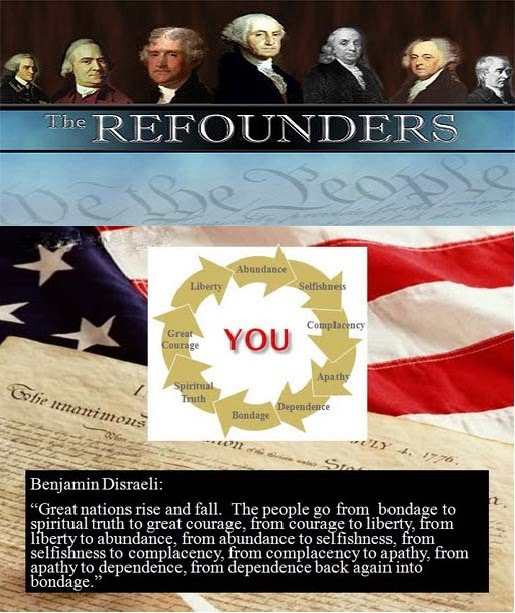Et tu, Rocco?
Maybe President Obama will win the Nobel Prize for Literature, too, now that the chairman of the National Endowment for the Arts has declared that "Barack Obama is the most powerful writer since Julius Caesar."
Rocco Landesman rendered unto Obama that considerable compliment in a little-noticed speech to a group of art philanthropists in Brooklyn, N.Y., last week, praising the president as an "Optimist in Chief" who is developing "the most arts-supportive administration since Roosevelt."
Putting the president in the pantheon with such pencil-pushing powerhouses as the man who was, literally, the Czar of all Czars, Landesman said that since Obama "actually writes his own books," he's the most powerful man to be a true writer in the 2,000 years since Caesar strode the narrow earth.
"That has to be good for American artists," he said.
But one man's praise is another's dagger, say presidential historians, who called the speech a "bizarre" and illiterate attempt to praise a political patron -- and a big misfire for the NEA chief.
"Julius Caesar is historically the last person in the world that American presidents would want to be compared to," said historian Richard Brookhiser, who has written widely on the Founding Fathers. "He tried to subvert the republic -- that's why he was killed."
Though Caesar has been justly celebrated for his commentaries on Rome's Gallic and Civil Wars, he has been cursed by democrats for centuries for his role in the systematic destruction of Rome's republican government.
"Caesar ... was certainly the symbol during the whole founding period of the despot, of the aspiring despot," said Brookhiser. "The Founders insulted each other by calling each other Caesar."
A spokesman for the NEA called the chairman's comparison a "bit of an overstatement" -- a "rhetorical flourish" that still scored an important point.
"I think the underlying point is a serious one, which is that we currently have a president who had an identity as an author, as a writer, before he had an identity as a president," said Jamie Bennett, the NEA's director of communications.
Bennett said that "it means a great deal for writers in particular and the creative community in general" that Obama spent time struggling with his own writing, and for that reason can better understand the struggles of the artistic community.
Despite the confusion, Landesman came to praise the president, not to bury him -- and beamed that in the Obama White House "the arts can play a starring role," because it is one "where words like change and hope and aspiration have real meaning."
That embrace of the president has pricked some ears, particularly after the NEA’s previous director of communications, Yosi Sergant, was forced to resign for promoting the president's political agenda on a conference call with artists he hoped to prod into backing Obama's domestic policies.
Landesman made clear that his agency would never advocate for a "particular program" like health care reform, but he added, "I have no intention of walking away from the compelling themes of this presidency and a historic opportunity in arts policy."
His kind words for Obama nettled a historian of the NEA, who worried that Landesman may bring greater scrutiny on the agency by skirting political lines in his speech.
"For people who are concerned about the Yosi Sergant thing, they're going to be watching Landesman for signs that he agrees that the NEA can push these (Obama political) agenda items," said David A. Smith, author of "Money for Art: The Tangled Web of Art and Politics in American Democracy."
"It doesn't do him any favors ... to have the appearance that he's in Obama's pocket."
Smith added that the NEA's head honcho may be giving short shrift to some of the nation's other great authors-in-chief. Though he mentioned Theodore Roosevelt, he left out quite a few presidential penmen:
Ulysses S. Grant's memoirs are canonized in the Library of America as a national treasure; Calvin Coolidge translated Dante's Divine Comedy for his personal pleasure; Herbert Hoover wrote around 25 volumes before his death in 1964; Richard Nixon authored another eight volumes in his own hand; and many other presidents besides managed to publish before they perished.
Abraham Lincoln, whom Landesman called the greatest American author, never actually wrote a book, though he's been the subject of thousands. Smith suggested a better comparison for the president might have been a writer and leader like Winston Churchill, who won the 1953 Nobel Prize for Literature, or an American like Grant, rather than an assassinated Roman tyrant.
"There's not a shortage of presidents who write books," said Smith. "Don't muddy the waters by dragging Julius Caesar into this."



0 Comments:
Post a Comment